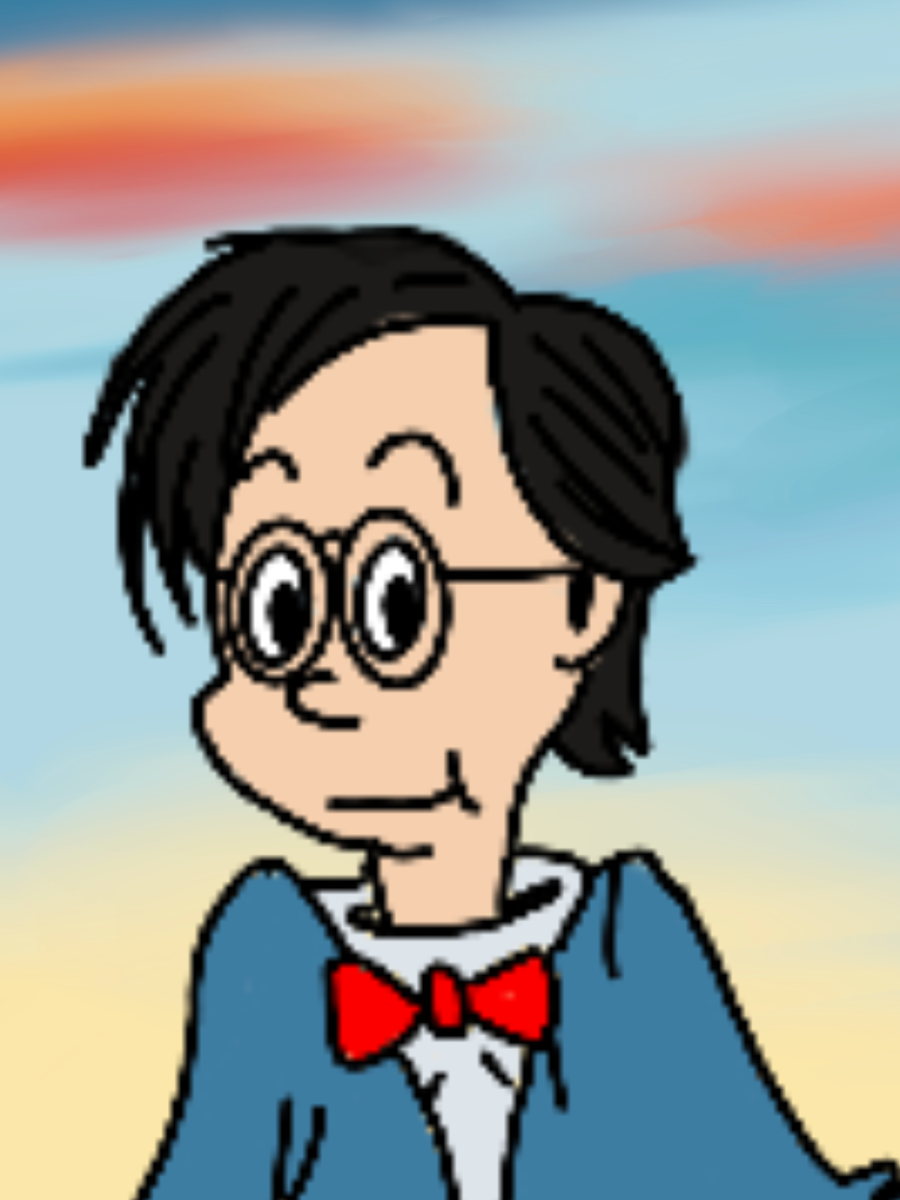
Epigraph:
This thou perceiv’st, which makes thy love more strong,
To love that well which thou must leave ere long.
Shakespeare’s “Sonnet 73,” one out of the 154 the Bard published in 1609, deals with themes of love and aging, yet one word of this sonnet in particular catches my eye. Its definition twofold, its imagery lucid and its usage poignant, the word has haunted me ever since the sonnet’s lyrics sang out to me.
Twilight.
Twilight, the transition between day and night and night and day, encapsulates the Bard’s ruminations of his fading life — a reminder of impending doom that nevertheless heralds optimism. After all, twilight is but a transition, marking the end of a chapter and the beginning of another. High school was filled with precious memories, yet as time slips through my fingers, I stand face to face with graduation. What once had seemed to me a distant dream far along in the future has arrived, bringing alongside it a new chapter. And as I approach this new chapter, twilight represents a new beginning, the ending of adolescence and the beginning of adulthood.
Art itself thrives within twilight, within two seemingly incompatible subjects, within paradoxes. Whether it be a running athlete captured within the stillness and unchanging nature of photography, the musicality of a written poem, or even the silence communicated through orchestral music. To create any type of art, ambiguity and clarity are required all at once.
When consuming art, I’ve drawn to contradictions, whether it be Shakespeare’s treatment of death as another night of respite, or Van Gogh’s dreamlike yet authentic depiction of the French countryside in “Starry Nights,” that tension between illusion and reality, chaos and order, or despair and ecstasy defines the very nature of art – not as a resolution to our issues, but as a reckoning.
As twilight settles, I’m reminded to appreciate the remaining time of adolescence, to carpe diem. Twilight is a reminder to cherish the mundane, to appreciate every single word of Shakespeare’s “Twelfth Night,” and to embrace the insights the Bard instilled. It’s a reminder to let the cold air blow over my face on late-night walks as I marvel over the engineering feats that have made modern life possible. But as of now, as my twilight of adolescence fades into dawn, I’ll choose to focus on the present and “love that well which thou must leave ere long.”





































































